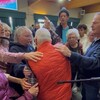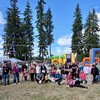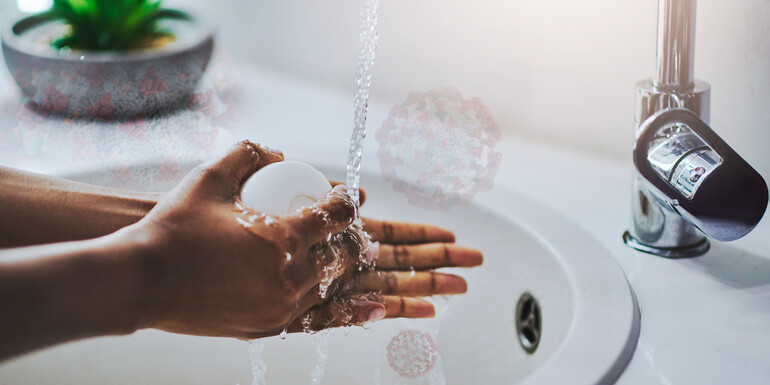Empty Shelves
My wife walked into a grocery store yesterday. She was greeted with people cautiously avoiding each other as they walk down aisles stripped of all paper products. Staples like flour, rice and dry beans were completely sold out as well.
It’s evident the coronavirus is causing panic for many of our communities. How can we be responsible citizens in the face of this kind of hysteria?
First of all, it’s important to take adequate precautions to stay healthy. At the same time it’s important to know the facts and be able to share a calming factual presence with those around us.
The World Health Organization (WHO) sent a team of international experts to China to investigate the current coronavirus situation. They shared their findings during a press conference on YouTube and the final report of the commission as PDF document.
The primary takeaway from their findings is only 20% of those infected by coronavirus need any kind of medical attention. Eighty percent of people have such minor symptoms may not require any medical care at all.
An Ounce of Prevention
Want to know the No. 1 thing you can do to stay healthy and to help control infection? According to the WHO, washing your hands frequently with soap and water is the first and strongest line of defense.
New research from the Massachusetts Institute of Technology shows just how important hand-washing can be in slowing down the spread of infectious disease. The study, published in the journal Risk Analysis, used epidemiological modeling and data-based simulations to determine if and how better personal hygiene might affect the rate of disease transmission.
Additionally, the Centers for Disease Control and Prevention (CDC) encourages the following preventative measures:
- Avoid close contact with people who are sick;
- Avoid touching your eyes, nose, and mouth;
- Stay home when you are sick;
- Cover your cough or sneeze with a tissue, then throw the tissue in the trash;
- Clean and disinfect frequently touched objects and surfaces using a regular household cleaning spray or wipe.
NOTE: The CDC does not recommend that people who are well wear a face mask to protect themselves from respiratory diseases, including COVID-19. The masks are simply not effective in preventing incoming infection.
Does your church or school have a mission trip other major event this month? Adventist Risk Managment posted a helpful article for members with answers to important travel questions.









